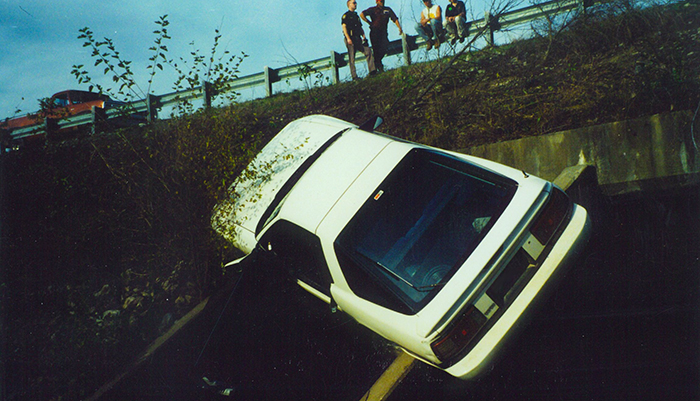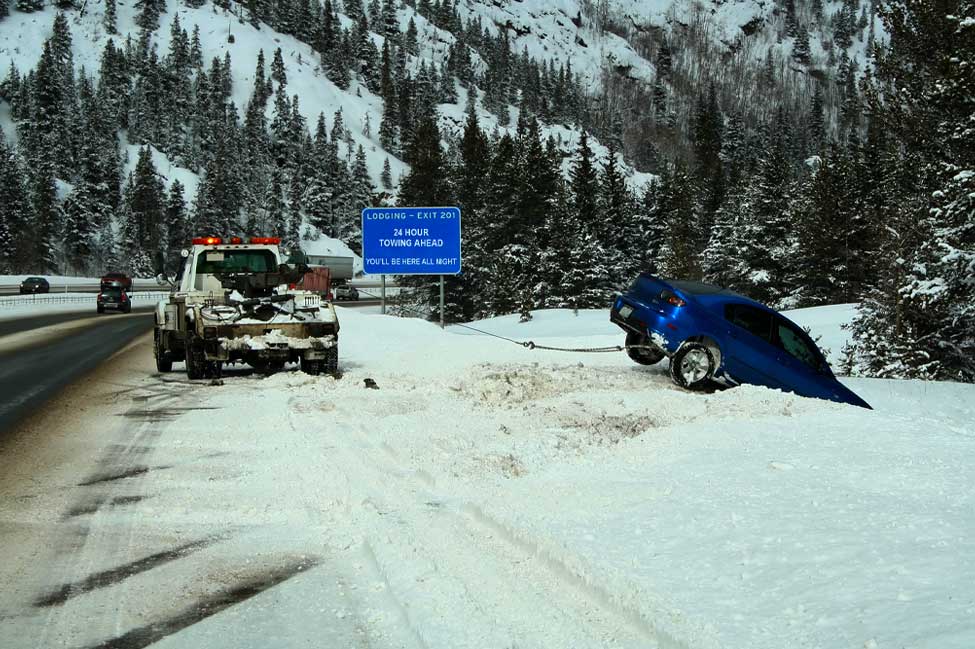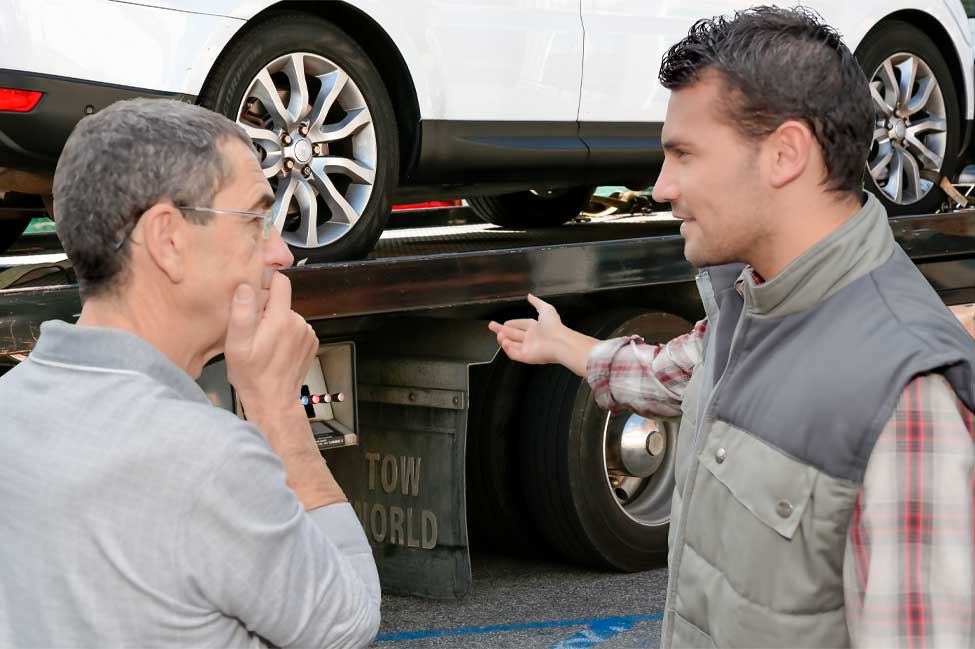Who Should Pay When Accidents Occur?
The other day a tow truck operator employed by a local company, who wanted to remain anonymous, emailed me because he thought he was being treated unfairly by his boss. He asked, “If you have a company phone and drop it and the screen cracks, and the company is paying the insurance, should you—the tow truck operator, be required to pay the deductible?”
I get some variation of this question all the time. Who should pay? Sometimes it’s in regard to a cell phone being broken or damaging the rubber molding around a car door while performing an unlock. Other times it’s after losing a vehicle in tow or busting an oil pan.
Some say, “The tow truck operator should man up and pay for his mistakes.” Others suggest that “The towing company has budgeted for certain losses and, therefore, expects things to happen—So the business owner should pay.”
There’s no easy answer, and even towing company owners are all over the map on this subject. Some feel that placing too much burden on their drivers will make it difficult to retain quality help. While others say that quality drivers don’t continually cause damage. And that requiring those who do cause damage to pay, at least something, will weed out bad drivers.
Drivers Asked Who Should Pay When Accidents Occur?
Most tow truck operators feel horrible when they cause damage to a customer’s vehicle and wish there was something, other than paying the business owner’s deductible, that they could do to make things right. Others think causing damage to tow trucks is a cost of doing business and that towing rates should be adjusted up to allow the company to absorb damages more easily. However, neither of these groups believes that damages should affect their compensation.
So the question remains…who should pay? To answer that question, I ask, “What does your company policy say?”
The main reason the question of who should pay continues to come up is the fact that most towing companies don’t have a written policy in place that spells out exactly who pays what when damages occur.
Not having a written policy in place is a problem for more than a few reasons.
First, when you don’t have a set policy for dealing with damages, you must then rely on your own judgment.
Of course, it’s your business, and I’m not suggesting there’s anything wrong with your judgment. You probably have a good idea of who is careful and who’s not.
But imposing unwritten rules can be risky. Because when you rely only on your judgment and choose to impose unwritten rules on the fly, based on what you’re feeling that day, this might be considered arbitrary punishment. And if a disgruntled driver feels like you’ve singled him out, this could be considered discrimination, and you could be setting yourself up for a suit.
On the other hand, if you have a policy that’s written out and made clear to everyone that the policy applies to ALL EQUALLY, there’s no ambiguity to complain about.
Besides the obvious benefit of shielding yourself from being sued, having a damages policy in place does something else. It sets expectations. And, as I’ve discussed in a previous article when you expect more out of people, you usually get more. When drivers know that you expect them to care for company property and understand that there are real-life consequences for not doing so, they will come up to the task.
And lastly—It’s good for business. Disregard for company property can lead to mal-treatment of a customer’s property as well. And nothing can harm your business more than the negative “press” you get when you damage someone’s car. Having a damages policy that includes a progressive discipline policy can help not only deter damages but weed out offenders before the problem becomes exacerbated.
So who should pay? It’s up to you. You built your business, and only you know what’s acceptable. But whatever you decide, put it in writing, assure all who will be bound by it, know it, and sign off on it.
If you believe your business could benefit from a Policies & Procedures Manual and need help creating one, click here.







It’s good to know that most towing companies have a policy on who should pay for what damages. My brother left his car on the road last night since his battery died. He should find a towing company that can bring it to an auto shop today.
This is ridiculous. When your on the road everyday for years on end working 12 hours days accidents are inevitable for even the most careful employees. There is a reason we protect ourselves with insurance. You are the registered owner of the vehicle and that’s why you make the big bucks. With that money comes liability. Unless the driver was grossly negligent or intentionally causing the accident they are not responsible. Why would anybody work for 10 bucks an hour if they always have that kind of financial responsibility over their heads. Just no.